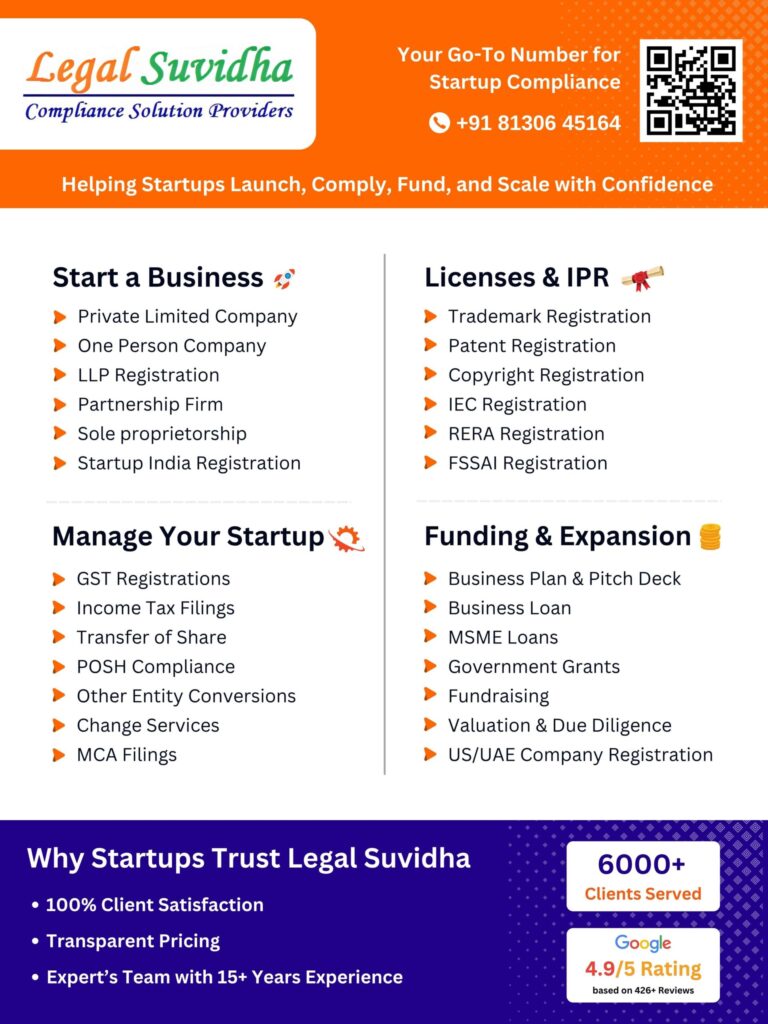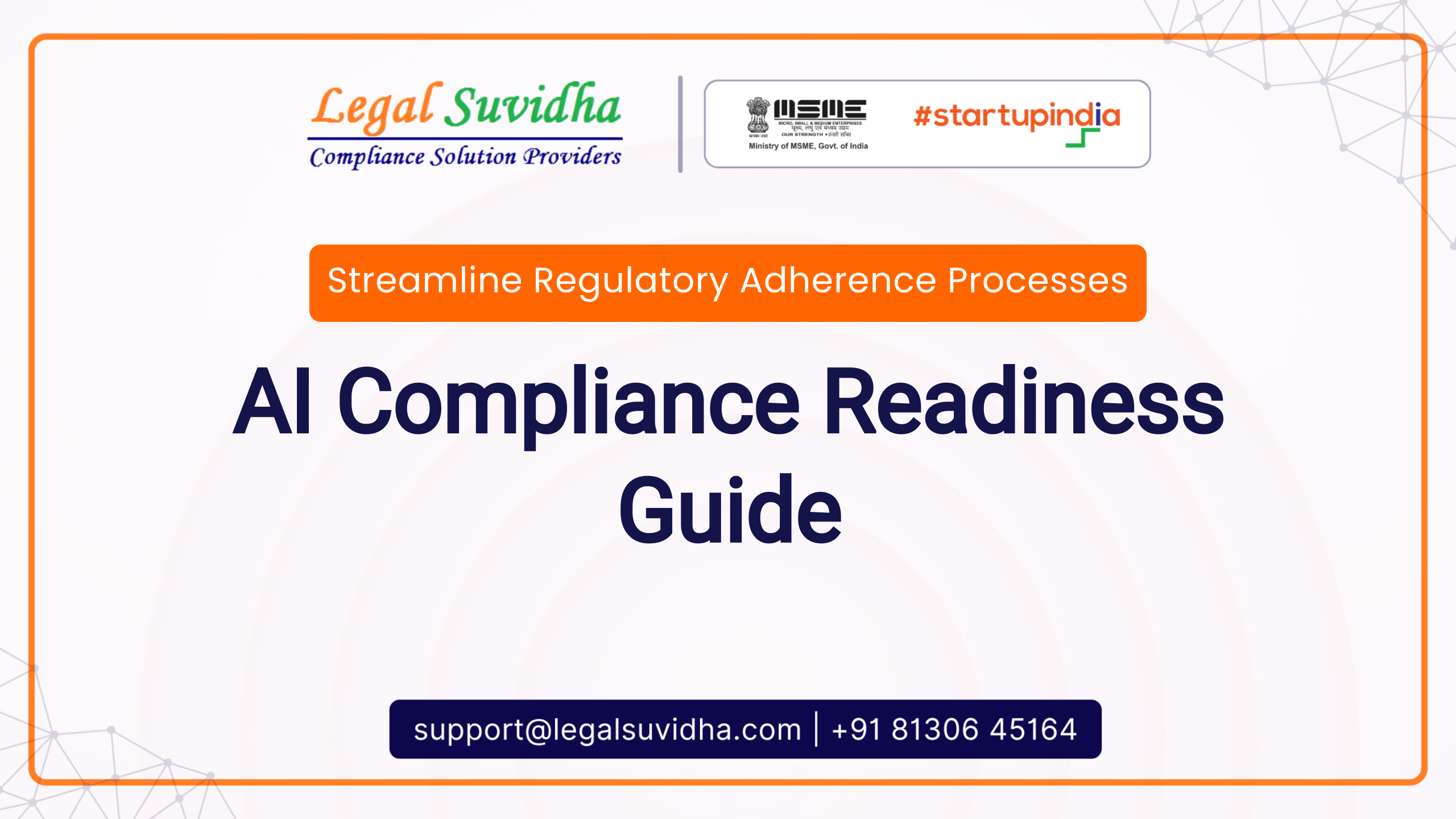Tech companies are some of the most valuable companies in the world, and they make money through a variety of business models. From advertising to e-commerce to subscription-based models, tech companies have found ways to generate revenue by leveraging their technology and platforms. However, as with any business, there is also a significant amount of legal work in the technology business. In this blog post, we’ll explore how tech companies make money and the legal work involved.
Business Models of Tech Companies & Legal work involved
A. Advertising
Many tech companies generate revenue through advertising. They sell ad space on their platforms to businesses looking to promote their products or services. Google and Facebook are two examples of tech companies that make the majority of their revenue from advertising. Google’s AdWords program allows businesses to bid on keywords related to their products or services and display ads when users search for those keywords. Facebook’s advertising platform allows businesses to create ads and target specific demographics based on interests, behaviors, and other factors.
Overview:
TechCompanyX is a growing tech company that has developed a social media platform called “SocialX.” SocialX allows users to connect with friends, share content, and discover new interests. To generate revenue, TechCompanyX has decided to create an advertising platform for businesses to promote their products or services to SocialX users. The platform allows businesses to create ads, target specific user demographics, and monitor ad performance.
Legal Work Involved:
- Privacy and Data Protection Compliance TechCompanyX must ensure that its advertising platform complies with privacy and data protection regulations, such as the General Data Protection Regulation (GDPR) and the California Consumer Privacy Act (CCPA). This involves drafting clear and transparent privacy policies, implementing appropriate data protection measures, and obtaining user consent for data collection and processing.
Example: TechCompanyX’s legal team reviews and updates its privacy policy, ensuring that it clearly outlines how user data will be collected, processed, and shared with advertisers. The legal team also ensures that the company has implemented mechanisms for users to provide consent for data collection and processing, as well as mechanisms to allow users to withdraw consent or request data deletion.
- Advertising Guidelines and Policies TechCompanyX needs to establish advertising guidelines and policies to ensure that ads displayed on SocialX comply with legal requirements and community standards. These guidelines should cover areas such as prohibited content, targeting restrictions, and ad format requirements.
Example: TechCompanyX’s legal team drafts advertising guidelines that prohibit ads promoting illegal products or services, ads containing hate speech or discriminatory content, and ads targeting users based on sensitive personal information. The legal team also provides guidance on acceptable ad formats, such as image sizes and text limits.
- Advertiser Agreements TechCompanyX must create agreements with advertisers using the SocialX advertising platform. These agreements should outline the terms and conditions governing the relationship between TechCompanyX and the advertiser, including payment terms, intellectual property rights, warranties, and liability.
Example: TechCompanyX’s legal team drafts a standard advertiser agreement that sets forth the terms under which advertisers can create and run ads on SocialX, including payment terms, IP ownership, and limitations of liability. The legal team also includes clauses that require advertisers to comply with TechCompanyX’s advertising guidelines and indemnify TechCompanyX for any legal claims arising from their ads.
- Intellectual Property Rights TechCompanyX must ensure that it respects the intellectual property rights of third parties when displaying ads on SocialX. This involves reviewing and monitoring ads for potential infringement of copyrights, trademarks, or other IP rights.
Example: TechCompanyX’s legal team implements a process to review and monitor ads for potential IP infringement, including copyrighted images or unauthorized use of trademarks. The legal team also establishes a process for handling takedown requests from third parties claiming infringement of their IP rights by ads on SocialX.
- Regulatory Compliance TechCompanyX must ensure that its advertising platform complies with relevant advertising laws and regulations, such as the Federal Trade Commission (FTC) guidelines for online advertising and the Children’s Online Privacy Protection Act (COPPA).
Example: TechCompanyX’s legal team works closely with the product development and marketing teams to ensure that the advertising platform complies with FTC guidelines on disclosure, substantiation of claims, and consumer protection. The legal team also ensures that the platform complies with COPPA by implementing age-gating mechanisms and obtaining verifiable parental consent before collecting personal information from children under 13.
By addressing these legal aspects, TechCompanyX can create a compliant and successful advertising platform that generates revenue while protecting user privacy and adhering to relevant regulations.
B. Subscription
Companies that offer products or services on a subscription basis generate recurring revenue from their customers. For example, Netflix charges a monthly subscription fee for access to its content library. Microsoft’s Office 365 suite is also offered on a subscription basis, with users paying a monthly or annual fee for access to its suite of productivity tools.
TechStart Inc. is a growing technology company that offers a subscription-based project management software platform, TechStartPM, to help businesses streamline their operations and improve collaboration. TechStartPM offers its users a cloud-based platform where they can manage projects, assign tasks, track progress, and communicate with team members. The company offers different subscription plans based on the number of users and features available.
Objective: TechStart Inc. needs a comprehensive legal framework in place to protect its intellectual property, ensure compliance with regulations, and create fair and transparent terms and conditions for its subscribers.
Legal Work Involved:
- Drafting Terms of Service and Privacy Policy: To begin with, TechStart Inc. will require a well-drafted Terms of Service (ToS) agreement and a Privacy Policy. The ToS agreement will outline the rights and obligations of both the company and its users, including limitations of liability, warranties, and termination conditions. The Privacy Policy will detail how the company collects, uses, and protects user data, as well as its compliance with applicable privacy regulations such as GDPR and CCPA.
- Intellectual Property Protection: TechStart Inc. must ensure that its intellectual property (IP), including software code, design elements, and proprietary algorithms, is well-protected. This may involve registering copyrights and trademarks, as well as implementing measures to prevent unauthorized access to or distribution of the platform’s source code.
- Subscription Agreements: TechStart Inc. will need to create subscription agreements for each of its subscription plans. These agreements should clearly define the services provided, the duration of the subscription, pricing, and any usage limitations. Additionally, the agreements should specify the process for renewals, cancellations, and refunds.
- Data Security and Compliance: As TechStartPM is a cloud-based platform, the company must ensure that its data security practices meet industry standards and comply with relevant regulations. This may involve drafting and implementing internal data security policies, as well as entering into data processing agreements with third-party service providers.
- Employment and Contractor Agreements: TechStart Inc. will require employment and contractor agreements for its personnel, which should cover confidentiality, non-compete, and IP assignment clauses. These agreements will help protect the company’s proprietary information and ensure that all IP created by employees and contractors is owned by TechStart Inc.
- Dispute Resolution and Governing Law: The various legal agreements entered into by TechStart Inc. should include provisions for dispute resolution, such as arbitration or mediation, as well as the governing law and jurisdiction that will apply in the event of a dispute.
By addressing these legal aspects, TechStart Inc. can ensure the protection of its intellectual property, maintain a transparent relationship with its subscribers, and comply with relevant regulations, reducing the risk of disputes and legal issues in the future.
C. E-commerce
E-commerce companies make money by selling products directly to consumers through their platforms. Amazon is an example of a tech company that generates revenue through e-commerce. It sells products ranging from books to electronics to household items, and users can purchase items directly from the Amazon website.
Drafting a Terms of Service and Privacy Policy for a New E-commerce Platform
Background: Start-Up E-Commerce Company “ShopWave”
ShopWave is a new e-commerce company planning to launch an online platform for selling a wide range of products, including electronics, clothing, and household items. The company aims to create a user-friendly platform that allows consumers to purchase items directly from the ShopWave website. Before launching the platform, ShopWave needs to ensure compliance with applicable laws and regulations, including drafting a Terms of Service and Privacy Policy for its website.
Legal Work Involved:
- Client Consultation: A legal counsel will first consult with ShopWave’s management to understand the nature of the business, the platform’s features, and the target market. This will help the attorney to identify specific legal requirements and tailor the Terms of Service and Privacy Policy accordingly.
- Research: The legal counsel will research relevant e-commerce laws and regulations in the jurisdictions where ShopWave intends to operate, including consumer protection, data privacy, and online payment regulations. This research will inform the drafting of the Terms of Service and Privacy Policy to ensure compliance with all applicable laws.
- Drafting Terms of Service: The legal counsel will draft a comprehensive Terms of Service for ShopWave’s platform, addressing the following key elements:
- User eligibility and registration requirements
- Description of services provided and any limitations
- Payment terms and conditions, including refunds and cancellations
- Intellectual property rights, including copyrights and trademarks
- Disclaimers and limitations of liability
- Governing law and dispute resolution provisions
- Drafting Privacy Policy: The legal counsel will draft a Privacy Policy that complies with data privacy regulations in the jurisdictions where ShopWave operates. The Privacy Policy should cover the following:
- Types of personal information collected from users
- Purposes for collecting and processing personal information
- Information sharing and disclosure, including third-party service providers
- Data retention and security measures
- User rights, such as the right to access, correct, or delete personal information
- Cookie policy and tracking technologies
- Updates and changes to the Privacy Policy
- Review and Revisions: The legal counsel will work closely with ShopWave’s management to review the drafted Terms of Service and Privacy Policy, addressing any concerns or suggestions. Revisions may be necessary to ensure that the documents align with ShopWave’s business model and adequately address potential legal risks.
- Implementation: Once the Terms of Service and Privacy Policy have been finalized and approved by ShopWave’s management, the legal counsel will assist in implementing these documents on the company’s website. This may include advising on proper placement, formatting, and accessibility for users.
By completing these steps, the legal counsel ensures that ShopWave’s platform complies with applicable laws and regulations while protecting the company’s interests and fostering a transparent relationship with its users.
D. Commission-based
Companies that act as intermediaries between buyers and sellers, such as Uber or Airbnb, take a commission on each transaction made through their platform. For example, Uber takes a percentage of each fare paid by its riders. Airbnb takes a percentage of the rental fee paid by guests to hosts.
Legal Work for an Intermediary Platform (RideShare Inc.)
Background: RideShare Inc. is an intermediary platform connecting drivers and riders through a mobile application. It collects a commission on each ride booked through the platform. This use case demonstrates the ongoing legal work required to manage RideShare Inc.’s business model.
- Platform Terms and Conditions Updates: RideShare Inc.’s legal team will periodically review and update the terms and conditions governing the use of the platform by both drivers and riders. These updates may be necessary due to changes in laws, regulations, or company policies.
- Regulatory Compliance: The legal team must ensure that RideShare Inc. continues to comply with all applicable laws and regulations in the jurisdictions where it operates. This includes transportation laws, employment laws, data privacy laws, and any industry-specific regulations.
- Intellectual Property Protection: RideShare Inc.’s legal team will monitor the company’s intellectual property, including trademarks, patents, and copyrights. They will ensure that the platform’s name, logo, and any proprietary technology remain properly registered and protected.
- Data Privacy and Security: The legal team will continuously review and update the data privacy policy and the company’s data security measures to ensure compliance with all applicable privacy laws and regulations and to protect the personal information of drivers and riders.
- Dispute Resolution: RideShare Inc.’s legal team will handle disputes that arise between the platform, drivers, and riders. They will manage the dispute resolution process and any litigation that may occur.
- Insurance and Risk Management: The legal team will work with insurance providers to maintain appropriate coverage for RideShare Inc., its drivers, and riders. They will also implement and review risk management strategies to minimize potential liabilities.
- Tax and Financial Compliance: RideShare Inc.’s legal team will work with finance and accounting professionals to ensure the company complies with tax laws and financial regulations. They will handle tax filings, financial reporting, and any audits that may occur.
Overall, the ongoing legal work for an intermediary company like RideShare Inc. is crucial to ensure the platform operates smoothly and complies with all relevant laws and regulations. The legal team works in collaboration with other professionals within the company to address various legal aspects and requirements.
E. Licensing
Some tech companies generate revenue by licensing their technology to other businesses. For example, Microsoft generates revenue by licensing its software to other companies. This includes licensing its Windows operating system to computer manufacturers and licensing its Office suite of productivity tools to businesses.
Licensing Agreement for a Proprietary Software
Background:
TechSolutions Inc. is a technology company that has developed proprietary software called “OptiFlow,” a powerful workflow management tool designed for businesses in various industries. The software offers seamless task management, real-time collaboration, and automation of routine processes to improve productivity and efficiency.
In order to generate revenue, TechSolutions Inc. plans to license OptiFlow to businesses that want to implement this software in their operations. One such company, ABC Corp., has expressed interest in licensing the software for its nationwide offices.
Legal Work Involved:
- Drafting a Licensing Agreement: TechSolutions Inc. will need to engage legal counsel to draft a licensing agreement that outlines the terms and conditions under which ABC Corp. can use OptiFlow. The agreement should include:
a. Grant of License: A provision stating that TechSolutions Inc. grants a non-exclusive, non-transferable license to ABC Corp. to use OptiFlow within its organization.
b. License Fees: The terms of payment for the licensing fee, including the fee amount, payment schedule, and any discounts or penalties applicable.
c. Intellectual Property Rights: A statement clarifying that TechSolutions Inc. retains ownership of all intellectual property rights in OptiFlow and that ABC Corp. is only granted a license to use the software.
d. Restrictions on Use: Clear restrictions on the use of OptiFlow, such as prohibiting reverse engineering, modifying the software, or sublicensing it to third parties.
e. Support and Maintenance: The level of technical support and maintenance provided by TechSolutions Inc., including any additional fees for premium support services.
f. Warranties and Liability: Any warranties provided by TechSolutions Inc. regarding OptiFlow’s performance, and limitations on liability in case of any issues arising from the use of the software.
g. Termination: Conditions under which the licensing agreement may be terminated, such as non-payment of fees or breach of the agreement by either party.
h. Confidentiality: Provisions to protect the confidential information of both parties, including any trade secrets or sensitive business data.
i. Governing Law and Dispute Resolution: The governing law and jurisdiction for resolving any disputes arising from the licensing agreement.
- Negotiating the Licensing Agreement: Once the licensing agreement has been drafted, both TechSolutions Inc. and ABC Corp. will need to review and negotiate the terms. This may involve several rounds of negotiation and revision before the final agreement is reached.
- Execution of the Licensing Agreement: After the terms have been negotiated and agreed upon, both parties will need to sign the licensing agreement to formalize the arrangement.
- Ongoing Compliance and Monitoring: TechSolutions Inc. will need to monitor ABC Corp.’s compliance with the licensing agreement, ensuring that the software is used within the agreed-upon scope and that license fees are paid on time. ABC Corp. should also implement internal controls to ensure its employees adhere to the terms and conditions of the agreement.
Overall, the legal work involved in this use case consists of drafting, negotiating, and executing a licensing agreement that protects the interests of both parties while enabling ABC Corp. to benefit from the use of OptiFlow software in its operations.
Common Legal Work Involved for Technology Companies
Tech companies must comply with various laws and regulations, including data privacy laws, antitrust laws, and intellectual property laws. Failure to comply with these laws can result in significant legal and financial penalties, as well as damage to a company’s reputation. Here are some of the technology business legal work that everyone is highly recommended to keep in mind:
-
Data Privacy
Data privacy laws are designed to protect the personal information of users. Companies that collect and store user data must comply with data privacy laws, which can vary by jurisdiction. For example, the General Data Protection Regulation (GDPR) in the European Union requires companies to obtain explicit consent from users before collecting and processing their personal data. Failure to comply with data privacy laws can result in significant fines and legal liability.
-
Antitrust Laws
Antitrust laws are designed to prevent monopolies and promote competition. Tech companies that dominate a particular market may be subject to antitrust scrutiny. For example, the US Department of Justice recently filed an antitrust lawsuit against Google, alleging that the company has used its dominant position in the search engine market to stifle competition.
-
Intellectual Property
Intellectual property laws protect a company’s creations, such as patents, trademarks, and copyrights. Tech companies must protect their intellectual property to prevent others from using their technology or products without permission. They may also engage in legal battles with competitors over patent infringement or other issues.
-
Industry Standards and Regulations
Tech companies must ensure that their products or services comply with relevant industry standards and regulations. This often requires working with legal and regulatory experts to ensure that their products are compliant and avoid legal liability. For example, companies that develop medical devices must comply with the regulations set by the Food and Drug Administration (FDA) in the United States. Failure to comply with these regulations can result in fines, legal liability, and damage to a company’s reputation.
Tech companies must also enter into contracts with suppliers, customers, and partners. These contracts govern the relationships between the parties and can include provisions related to confidentiality, intellectual property, and liability. Tech companies must ensure that they have strong contracts in place that protect their interests and minimize their legal liability.
-
Employment Law
Tech companies must also comply with employment laws, which regulate the relationship between employers and employees. This includes laws related to minimum wage, overtime pay, discrimination, and harassment. Failure to comply with employment laws can result in legal liability, fines, and damage to a company’s reputation.
Conclusion
In conclusion, tech companies make money through a variety of business models, including advertising, subscription, e-commerce, commission-based, and licensing. However, there is also a significant amount of legal work in technology business. Companies must comply with various laws and regulations, including data privacy laws, antitrust laws, and intellectual property laws. They must also ensure that their products or services comply with relevant industry standards and regulations and that they have strong contracts in place with suppliers, customers, and partners. Finally, tech companies must also comply with employment laws, which regulate the relationship between employers and employees. By understanding these legal considerations, tech companies can protect their interests, minimize their legal liability, and succeed in the competitive tech industry.
We have a team of experts who have worked as Business analysts and Product Managers and are also qualified lawyers so we are the best at providing this support for any technology-related business. Connect with us for any help or support in drafting agreements related to your Technology based business









